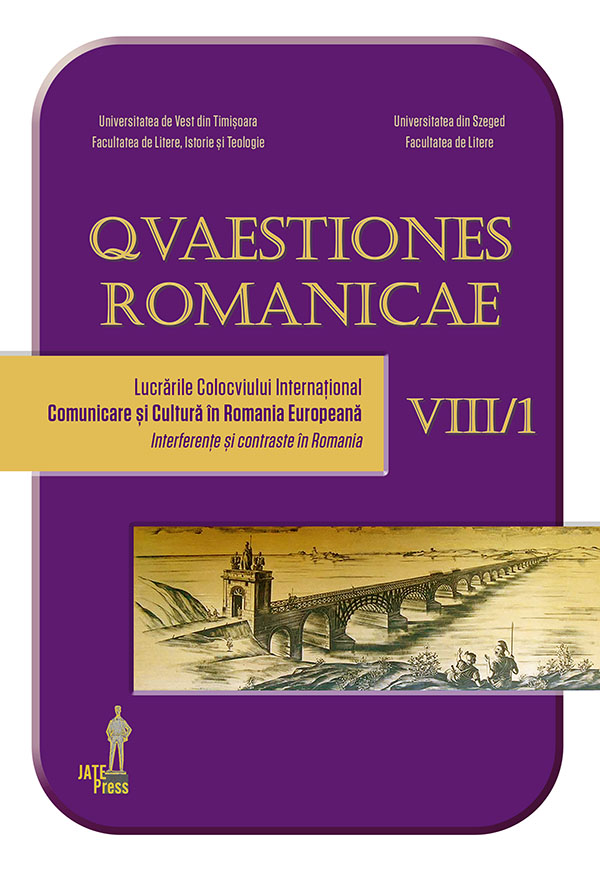Contribuţia dirijorului de operă la consolidarea teatrului liric contemporan
Abstract: (The Opera Conductor’s Contribution to the Consolidation of Contemporary Lyrical Theatre) In the new social, cultural and performative context of the 21st century, the profile of the opera conductor takes on new meanings, in agreement with the new tendencies of contemporary opera creation and the new forms of performative expression promoted especially by the new generation of directors who made their names in opera theatres around the world. I believe that now more than ever the stance of a godlike conductor is expected and necessary, as he needs to remodel his means of expression alongside the new requirements of his partners (directors, choreographers, managers, etc.) in the performative production; at the same time, he must be persuasive and determined in his endeavour to correct the occasional excesses in the actual rewriting of the original libretto of landmark scores in the literature or in the deletion or redundant additions of scenes and characters that cancel the crucial data of the authentic musical-dramatic discourse, which bears the musician’s and the librettist’s signatures. My paper discusses all these issues. The opera conductor must militate for the protection of the performance’s “spine” and for the emphasis on the beauty and depth of the musical-dramatic metalanguage. Otherwise, we will be faced with countless situations promoting entropic alienating productions with no dramatic and musical consistency.
Keywords: conductor, opera, librettist, metalanguage, production.
Rezumat: În noul context social, cultural şi spectacular al secolului XXI, profilul dirijorului de operă capătă noi valenţe, în consonanţă cu noile tendinte ale creaţiei contemporane de operă şi cu noile forme de expresie spectaculară promovate îndeosebi de noua generaţie de regizori care s-au impus în teatrele de operă de pretutindeni. Cred că acum, mai mult ca oricând, condiţia dirijorului demiurg este aşteptată şi necesară, el fiiind nevoit să-şi remodeleze mijloacele de expresie în tandem cu noile exigenţe ale partenerilor de producţie spectaculară (regizori, coregrafi, manageri etc.) şi, în acelaşi timp, să demonstreze persuasiune şi determinare în efortul de a corecta uneori excesele de rescriere efectivă a libretului original al unor partituri de referinţă din literatura genului sau de eliminare sau alipire redundantă a unor scene şi personaje care anulează datele cardinale ale discursului muzical-dramatic autentic, ce poartă semnătura muzicianului şi a libretistului. Toată această problematică o analizez în lucrarea mea. Dirijorul de operă trebuie să militeze pentru protejarea coloanei vertebrale a spectacolului şi pentru punerea în valoare a frumuseţii şi profunzimii metalimbajului muzical-dramatic. În caz contrar, vom avea de a face cu nenumărate situaţii în care se promovează producţii entropice, alienante şi lipsite de consistenţă dramatică şi muzicală.
Cuvinte-cheie: dirijor, operă, libretist, metalimbaj, producție.
